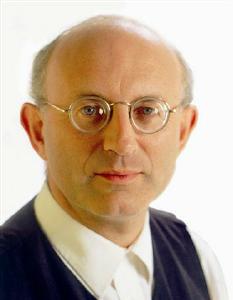|
J S Bach Well-Tempered Clavier Book 1
Robert Woolley, clavichord
October 29 2011, Quaker Meeting House, Oxford
The clavichord is a demanding instrument: to produce a good sound, one
must think carefully about each note, and play it with just the right
amount of pressure. So playing 24 preludes and fugues in one
afternoon is a major task requiring the utmost concentration. It was
triumphantly accomplished by Robert Woolley on October 29 in the
Quaker Meeting House.
Hearing Book 1 as a whole was a revelation. The preludes are all so
different, and so beautiful; and the fugues help to bind the preludes
together into a single structure of alternating formal and informal
pieces. Though, Bach being Bach, the formal-informal alternation is
not quite regular; for example, Prelude 7 is in fact a toccata and
fugue - and a substantial 4-part fugue at that - while Fugue 7 is
light and scherzo-like.
The different characters of the pieces were well brought out in this
performance. Each musical line was clear, intelligible, and
beautifully shaped, even in the complex four- and five-part fugues,
and the structure of each piece was made clear by subtle pauses for
breath at key points - yet the feeling of forward movement was never
lost, even in the more thoughtful cantabile pieces. I particularly
enjoyed the last few bars of each item; there are so many ways of
approaching the end: various degrees of slowing down, perhaps followed
by a crisp cadence, or going full speed to the end, to name but a
few. Woolley used a great variety of approaches, always beautifully
managed, making me smile every time.
The Karin Richter clavichord 2009 (copied from an anonymous unfretted clavichord c.1730 from the Dresden region) sounded
clear and beautiful in the wood-panelled Meeting Room, and it was an
ideal medium for this music. A harpsichord can sound ravishingly
beautiful, but it’s arguable that the Well-Tempered Clavier is better
served by a less strongly flavoured sound. I was reminded of the old
saying “with the harpsichord you listen to the instrument; with the
clavichord you hear the music”.
David Griffel
|



